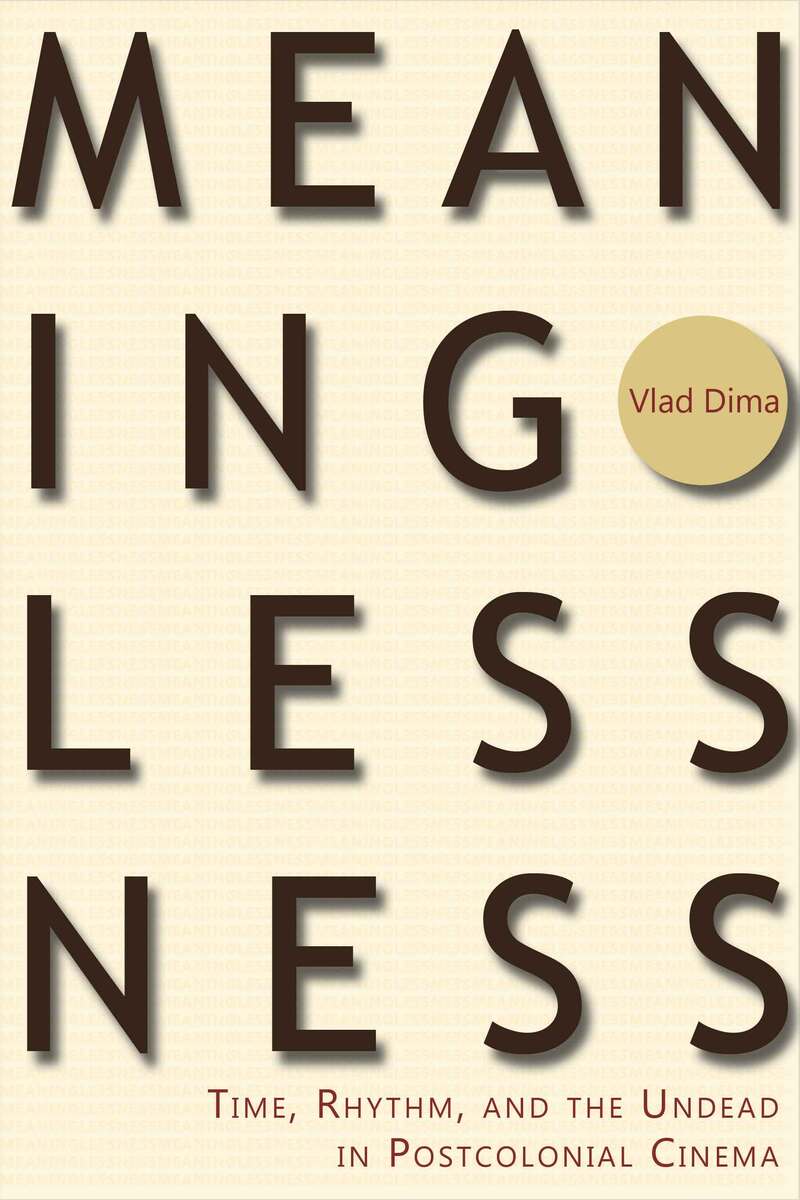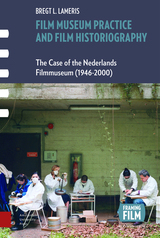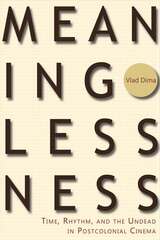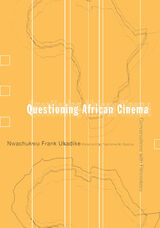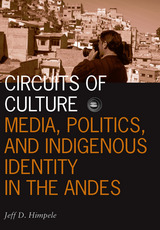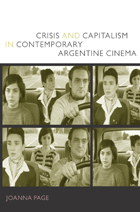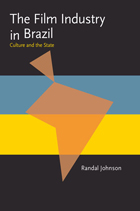Meaninglessness: Time, Rhythm, and the Undead in Postcolonial Cinema
Michigan State University Press, 2023
Paper: 978-1-61186-438-0 | eISBN: 978-1-62896-470-7
Library of Congress Classification PN1993.5.A35D55 2022
Dewey Decimal Classification 791.43096
Paper: 978-1-61186-438-0 | eISBN: 978-1-62896-470-7
Library of Congress Classification PN1993.5.A35D55 2022
Dewey Decimal Classification 791.43096
ABOUT THIS BOOK | AUTHOR BIOGRAPHY | REVIEWS | TOC | REQUEST ACCESSIBLE FILE
ABOUT THIS BOOK
For too long, the approach to seemingly universal experiences like love, death, and even time in film has been dominated by the Global North. But what if such explorations developed horizontally instead? Drawing from both European and African cultural theorists, including Gilles Deleuze and Wole Soyinka, Vlad Dima invites us to consider what happens to postcolonial African film if we no longer privilege the idea of time. How else might we understand the cinematic image, and how would its meanings change? Meaninglessness: Time, Rhythm, and the Undead in Postcolonial Cinema is a study of meaning and meaninglessness through the figure of the undead, beginning with francophone Africa and extending to postcolonial France. Through the analysis of films like Mati Diop’s Atlantics and Jean-Pierre Bekolo’s Miraculous Weapons, Dima shows how the African cinematic image may produce meaning without any attachment to European time, and how that meaning is connected instead to the philosophy of negritude and to the notion of rhythm. Meaninglessness introduces the concept of the rhythm-sequence as a new way to understand the African moving image.
See other books on: African Studies | Ghosts in motion pictures | Rhythm | Time in motion pictures | Undead
See other titles from Michigan State University Press
